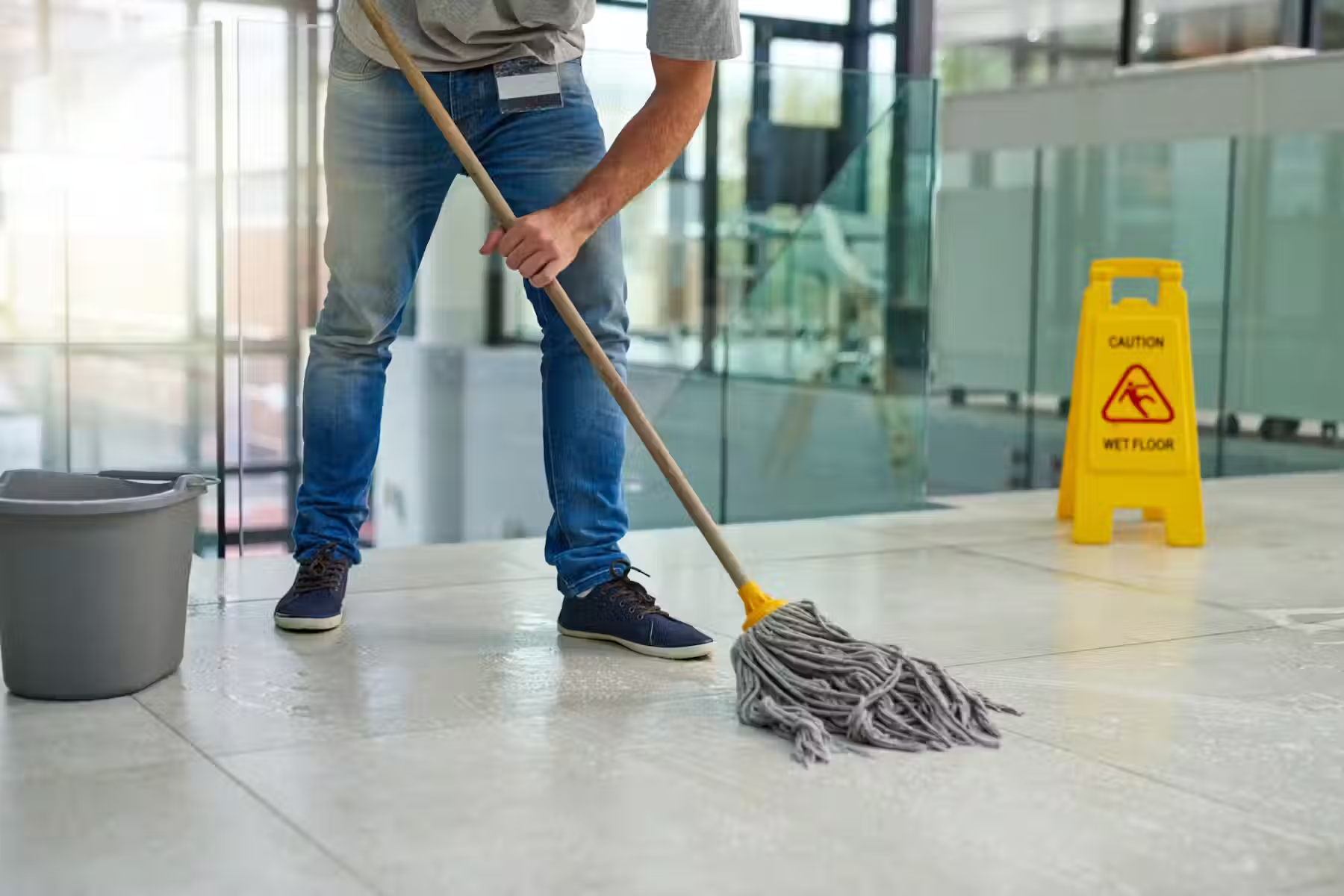Cleaning workers play a vital role in maintaining cleanliness and hygiene in various settings across Germany, from offices and schools to hospitals and private homes. Understanding the earning potential of cleaning workers in Germany involves examining several factors, including wage regulations, regional differences, and types of employment. This article provides a detailed explanation of the earnings of cleaning workers in Germany and introduces an exclusive method to optimize their income and career growth.
Overview of Cleaning Worker Salaries in Germany
- Minimum Wage Regulations
- Legal Framework: In Germany, the minimum wage is regulated by law and applies to all sectors, including cleaning services. As of 2024, the statutory minimum wage is €12.41 per hour. This serves as the baseline for most cleaning workers’ earnings.
- Industry Agreements: Specific industry agreements, particularly in the cleaning sector, can set higher minimum wages. For instance, the collective bargaining agreement for the cleaning industry often results in higher wage floors.
- Average Earnings
- General Average: On average, cleaning workers in Germany earn between €10 and €15 per hour. The exact amount can vary based on factors such as location, experience, and specific job requirements.
- Monthly Salary: For full-time cleaning workers, the monthly gross salary typically ranges from €1,600 to €2,500, depending on the aforementioned factors.
- Regional Variations
- Eastern vs. Western Germany: There are notable differences in wages between eastern and western Germany. Generally, wages in western states (e.g., Bavaria, Baden-Württemberg, and Hesse) are higher compared to eastern states (e.g., Saxony, Thuringia, and Brandenburg).
- Urban vs. Rural Areas: Wages in major cities like Berlin, Munich, and Frankfurt tend to be higher than in rural areas, reflecting the higher cost of living and greater demand for cleaning services in urban settings.
- Type of Employment
- Full-Time Employment: Full-time cleaning workers usually have stable contracts with set working hours and benefits such as paid holidays and health insurance.
- Part-Time and Casual Work: Many cleaning workers are employed part-time or on a casual basis, which can affect their overall earnings and access to benefits.
- Self-Employment: Some cleaning workers operate as freelancers or run their own cleaning businesses, potentially leading to higher earnings but also greater responsibilities and variable income.
Exclusive Method to Optimize Income and Career Growth
To maximize earnings and enhance career prospects, cleaning workers in Germany can adopt the following exclusive method:
- Gain Relevant Experience and Skills
- Work Experience: Accumulating work experience in different cleaning environments (e.g., commercial, residential, industrial) can make a cleaning worker more versatile and valuable.
- Skill Development: Learning and mastering specialized cleaning techniques (e.g., carpet cleaning, window washing, sanitation) can lead to higher-paying opportunities.
- Seek Certification and Training
- Professional Training: Enroll in professional training programs and certification courses offered by industry organizations. These can improve skills and credibility, opening doors to better-paying jobs.
- Language Skills: For non-native speakers, improving German language skills can enhance job prospects and communication with clients and employers.
- Leverage Networking and Job Platforms
- Networking: Join professional networks and associations for cleaning workers. Networking can lead to job referrals and insights into higher-paying opportunities.
- Online Job Platforms: Use job portals such as Indeed, StepStone, and specialized cleaning job boards to find and apply for jobs offering competitive wages.
- Consider Freelancing or Starting a Business
- Freelancing: Freelance cleaning workers can often set their own rates and work directly with clients. This can lead to higher earnings compared to traditional employment.
- Starting a Business: Establishing a cleaning service business allows for greater income potential through business growth and hiring additional staff.
- Negotiate Wages and Benefits
- Wage Negotiation: Don’t hesitate to negotiate wages with potential employers, especially if you have relevant experience and skills.
- Benefits: Ensure you understand and negotiate for benefits such as paid leave, health insurance, and travel allowances, which can enhance overall compensation.
- Work for Reputable Companies
- Reputable Employers: Target reputable cleaning companies known for fair wages and good working conditions. Research employer reviews and ratings on platforms like Kununu or Glassdoor.
Practical Tips for Success
- Stay Updated: Keep abreast of changes in minimum wage laws and industry standards to ensure you are receiving fair compensation.
- Professionalism: Maintain a high standard of professionalism, punctuality, and reliability. Building a good reputation can lead to repeat business and referrals.
- Customer Service: Develop strong customer service skills. Satisfied clients are more likely to offer higher tips, referrals, and long-term contracts.
- Health and Safety: Prioritize health and safety by using appropriate cleaning equipment and protective gear. This not only ensures your well-being but also demonstrates professionalism.
The earnings of cleaning workers in Germany are influenced by various factors including minimum wage regulations, regional variations, and types of employment. By gaining experience, seeking training, leveraging job platforms, considering freelancing, and negotiating effectively, cleaning workers can optimize their income and career prospects. Understanding the landscape and adopting strategic approaches can lead to a rewarding career in the cleaning industry in Germany.
